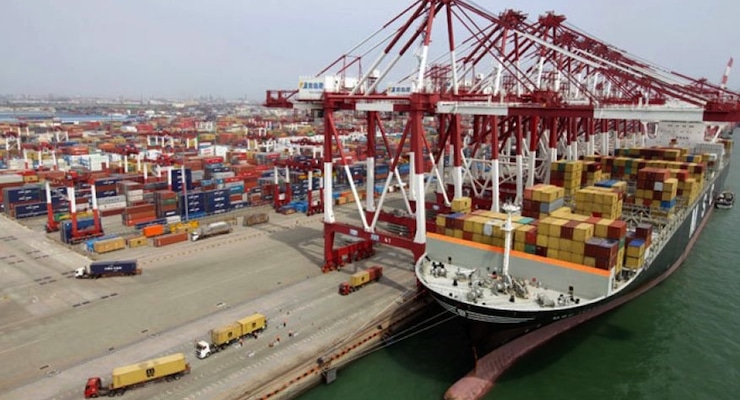
Import Prices Have Fallen in 12 Out of 14 Prior Months

The latest import prices and export prices, including data and reports. (Photo: REUTERS)
The Labor Department said Thursday U.S. import prices posted their biggest drop in seven months as weakening global demand took a toll in August. With a strong dollar and softening global demand pushing the cost of petroleum and a range of other goods down, import prices fell 1.8 percent last month, the largest decline since January.
The latest report follows an unrevised 0.9% drop in import prices in July, and they have now declined 12 out of the prior 14 months. Economists had forecast import prices falling 1.6 percent, and the Federal Reserve’s policy-making committee (FOMC) will have to weigh the timing and trajectory of a much-needed rate hike alongside downward pressure on imported inflation when they meet next week.
In the 12 months through August, prices declined 11.4 percent, the largest drop since September 2009.
The Federal Reserve Open Markets Committee (FOMC) will meet on Sept. 16-17, and economists are uncertain whether the U.S. central bank will raise rates at that meeting in the wake of recent volatility in global financial markets. Fears of a slowing economy in China and other major emerging markets have helped to delay what was an expected rate hike in September, which is now unlikely to come to fruition.
Imported petroleum prices tanked by 14.2% in August, which is the biggest drop since January, after falling 5.9 percent in July. Import prices excluding petroleum slipped 0.4 percent, reflecting the impact of the dollar’s 17.5 percent rise against the currencies of the United States’ main trading partners since June 2014.
In August, imported food prices rose 0.3 percent after being flat in July. Prices for imported capital goods fell 0.2 percent, as did prices for imported automobiles.
The report also showed export prices fell 1.4 percent, also the largest drop in seven months. Export prices slipped 0.4 percent in July. They were down 7.0 percent in the 12 months through August, the biggest drop since July 2009.



